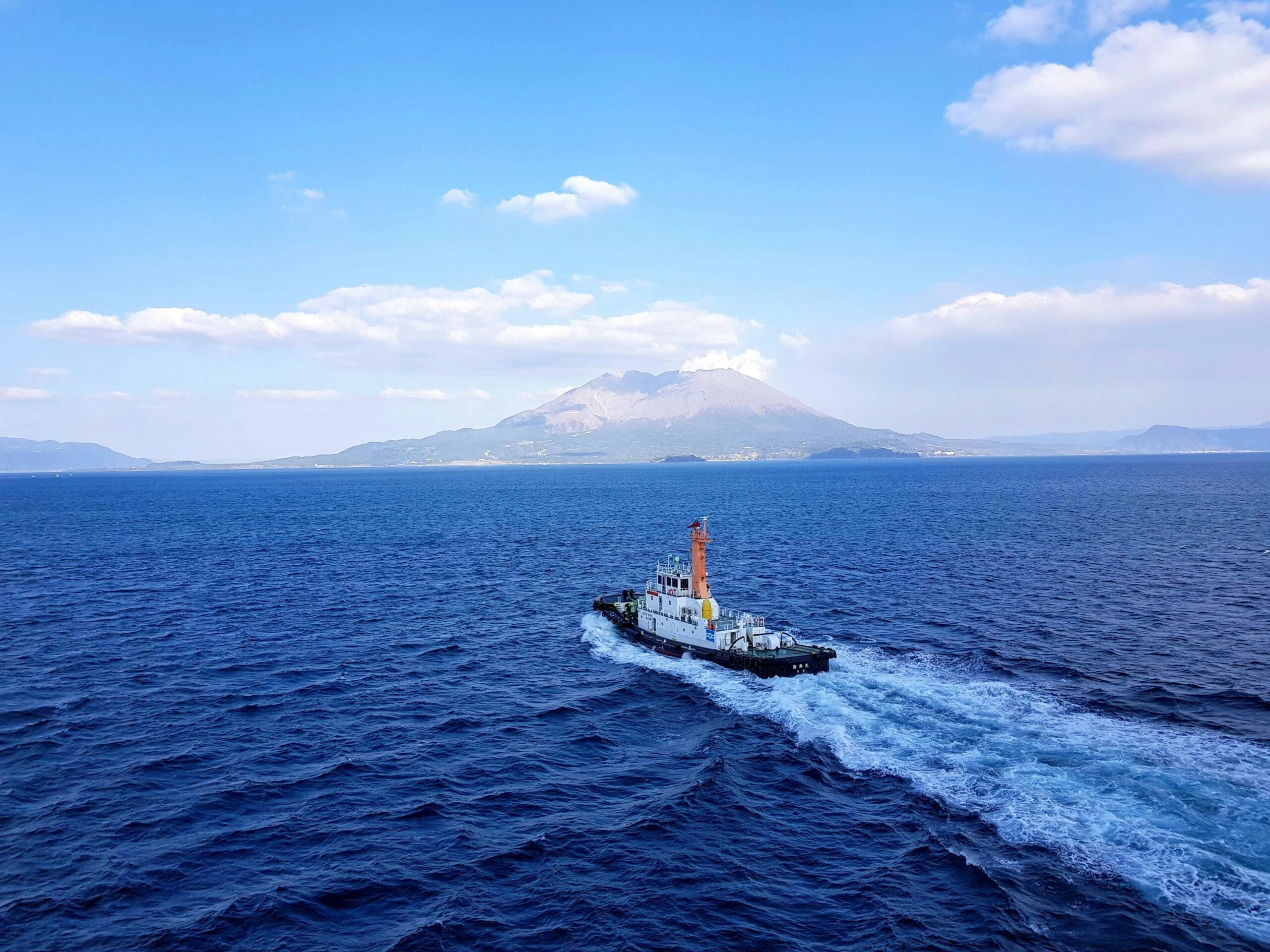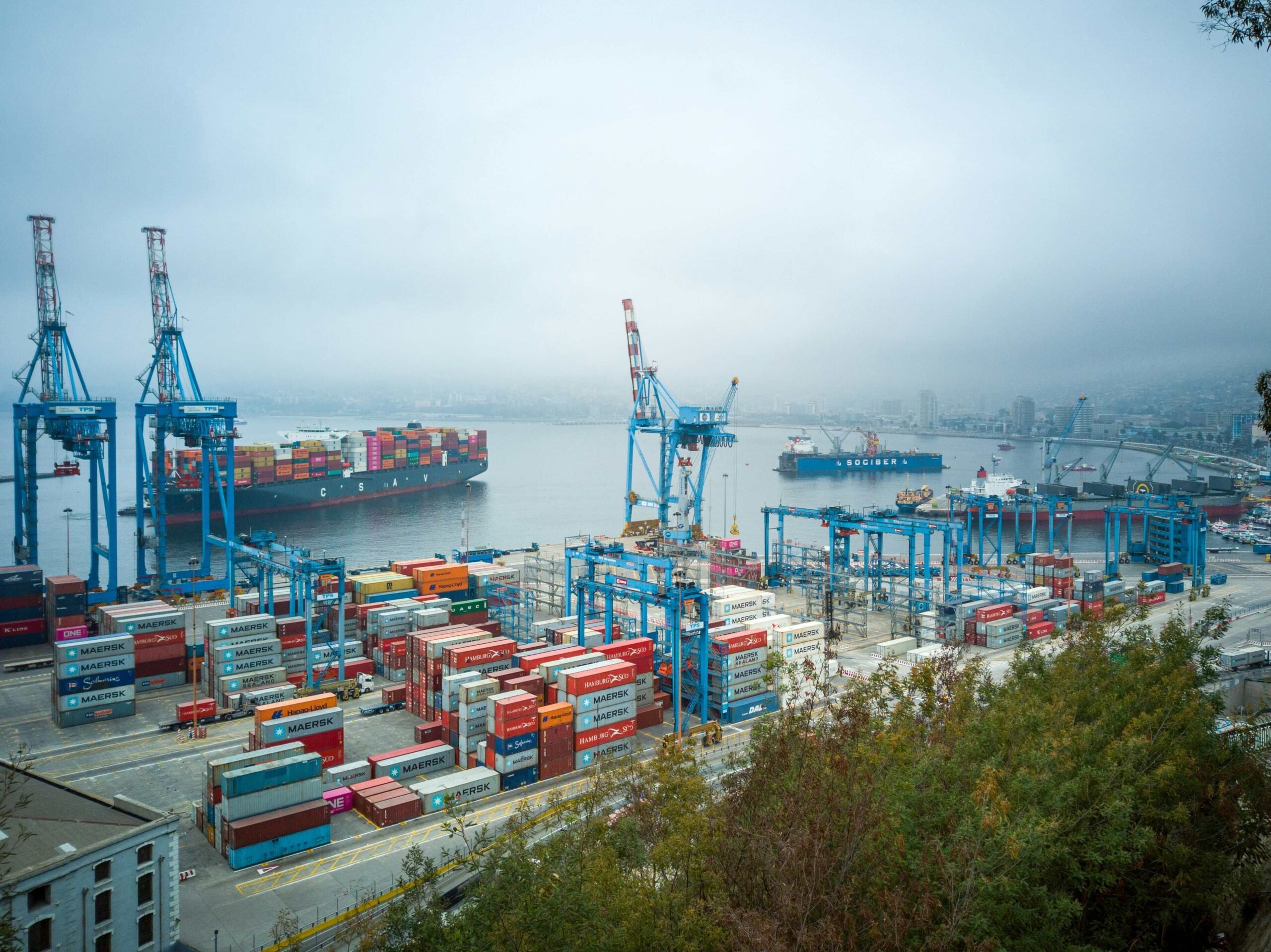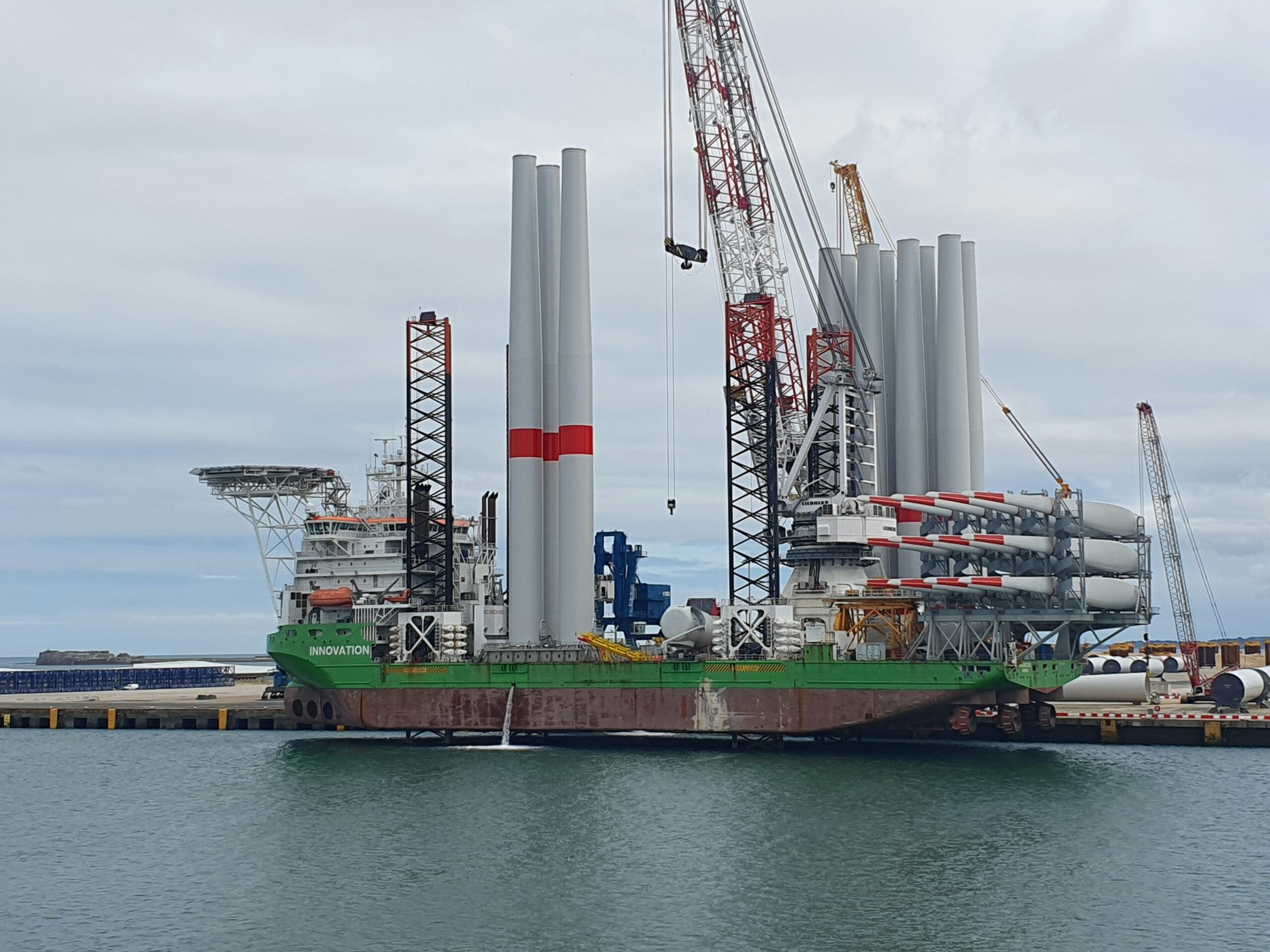Hydrodynamic Impact of Bunker Fuel Types on Ship Performance
Introduction The choice of bunker fuel has a significant influence on the overall performance of a ship. Different types of bunker fuels not only affect the engine’s efficiency and emissions but also have a profound impact on the hydrodynamic performance of vessels. This
Impact of Maritime Accidents on Bunker Fuel Supply Chains
Introduction Maritime accidents can have far-reaching impacts on global bunker fuel supply chains. Given that a significant portion of global trade relies on maritime transport, disruptions caused by accidents can lead to substantial economic and operational challenges. This article delves into the various
Advances in Non-Invasive Bunker Fuel Quality Measurement Techniques
Introduction The quality of bunker fuel is critical for the safe and efficient operation of marine engines. Traditional methods for assessing bunker fuel quality often involve invasive sampling and laboratory analysis, which can be time-consuming, costly, and sometimes inaccurate due to sample contamination
Techniques for Mitigating Bunker Fuel Oxidation and Degradation
Introduction Bunker fuel oxidation and degradation are significant challenges in the maritime industry, affecting fuel quality, engine performance, and overall operational efficiency. Oxidation and degradation occur due to prolonged storage, exposure to air, and varying temperatures, leading to the formation of sediments, gums,
Role of Bunker Fuels in Arctic Shipping Operations
Introduction Arctic shipping has emerged as a critical component of global maritime trade, driven by melting ice caps and the opening of new navigable routes. These routes, such as the Northern Sea Route (NSR) and the Northwest Passage (NWP), offer significant reductions in
Impact of Seasonal Variations on Bunker Fuel Properties
Introduction The properties of bunker fuel, which is essential for powering marine vessels, can be significantly influenced by seasonal variations. These changes impact fuel quality, handling, combustion performance, and ultimately the operational efficiency of ships. Understanding the effects of seasonal variations on bunker
Legal Disputes and Arbitration in the Bunker Fuel Industry
Introduction The bunker fuel industry is a vital part of the global shipping sector, providing the fuel necessary for the operation of commercial vessels. However, it is also a complex and often contentious field, characterized by numerous legal disputes arising from contractual disagreements,
Performance Characteristics of Residual vs. Distillate Marine Fuels
Introduction Marine fuels are essential for the operation of the global shipping industry, with two primary categories being residual and distillate fuels. Residual fuels, also known as heavy fuel oils (HFO), are the thick, viscous by-products of the refining process, while distillate fuels,
Developments in Bunker Fuel Delivery and Bunkering Operations
Introduction Bunkering operations, the process of supplying fuel to ships, are a critical component of the maritime industry. With the advent of stricter environmental regulations, technological advancements, and the growing emphasis on operational efficiency, the bunkering sector has witnessed significant developments. This article
Carbon Footprint Analysis of Fossil Fuels vs. Alternative Marine Fuels
Introduction The shipping industry is a significant contributor to global greenhouse gas (GHG) emissions, primarily due to the extensive use of bunker fuels. As concerns about climate change intensify, the maritime sector faces increasing pressure to reduce its carbon footprint. Alternative marine fuels,









